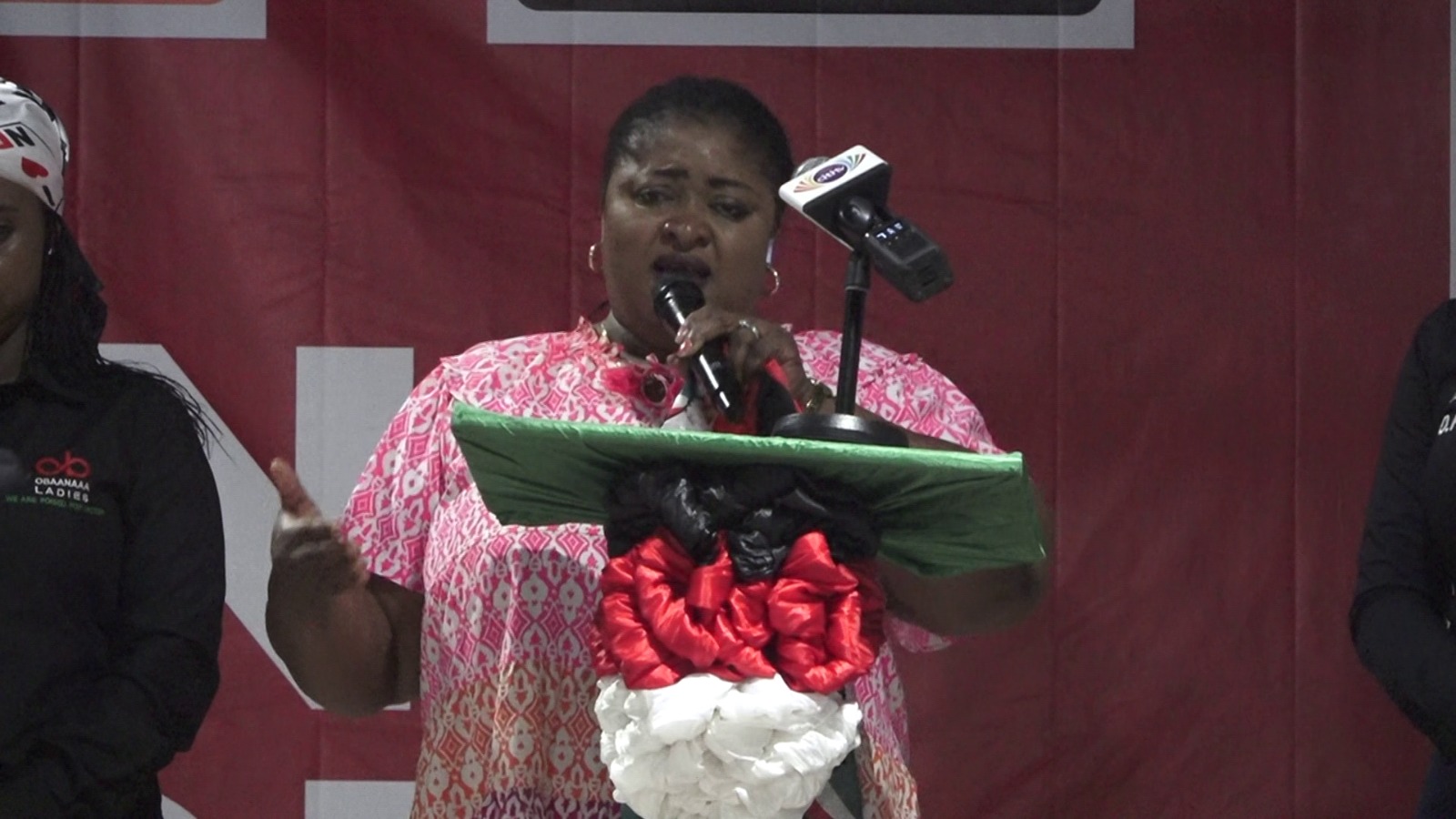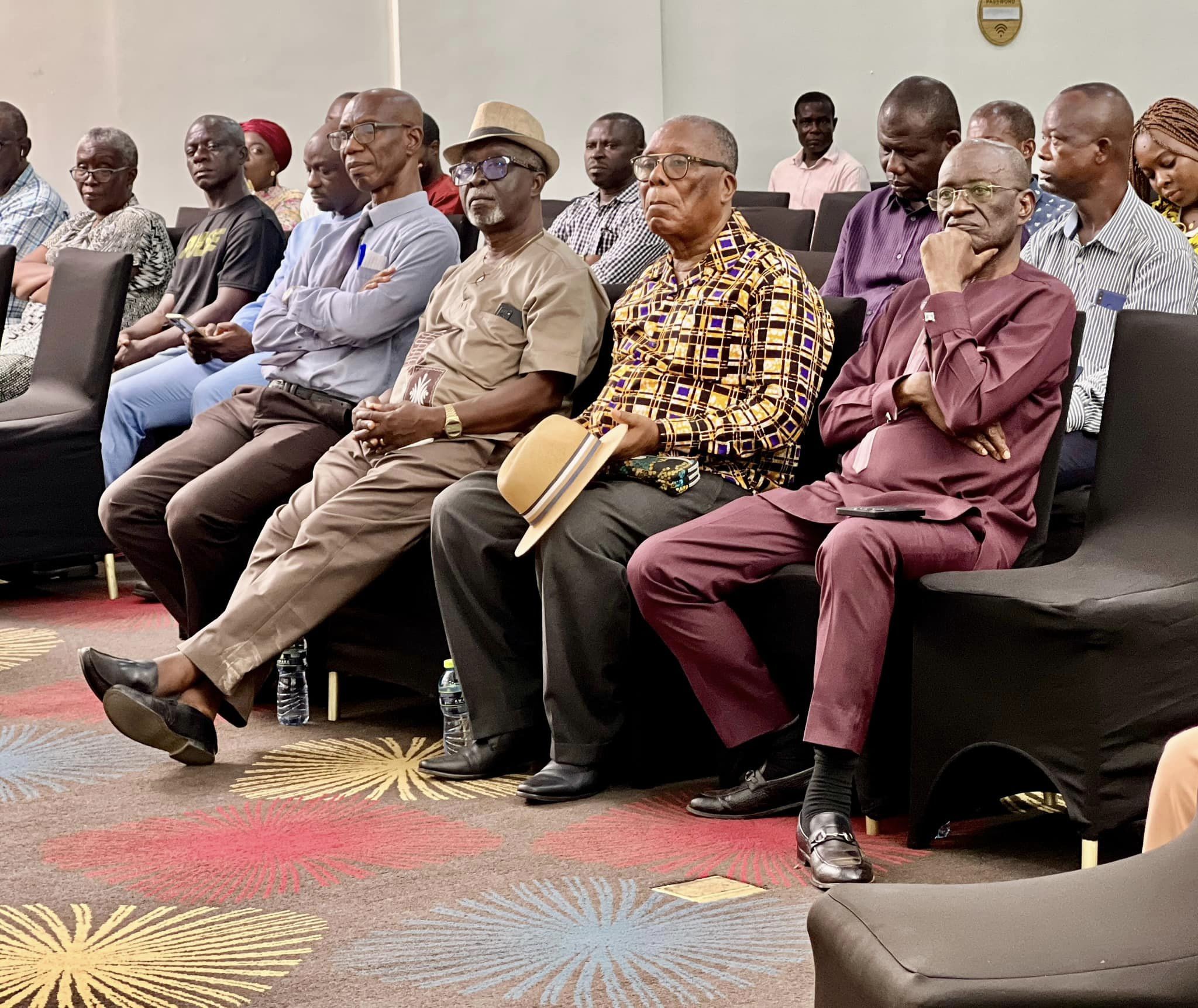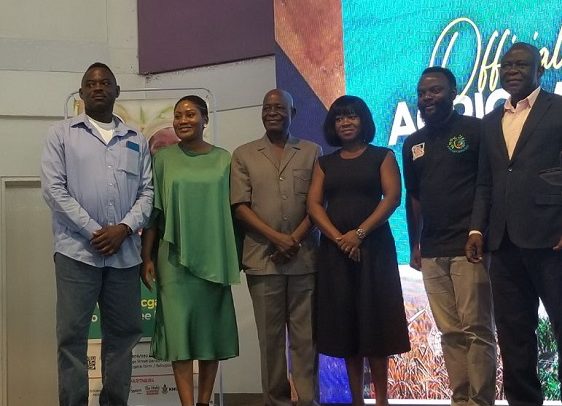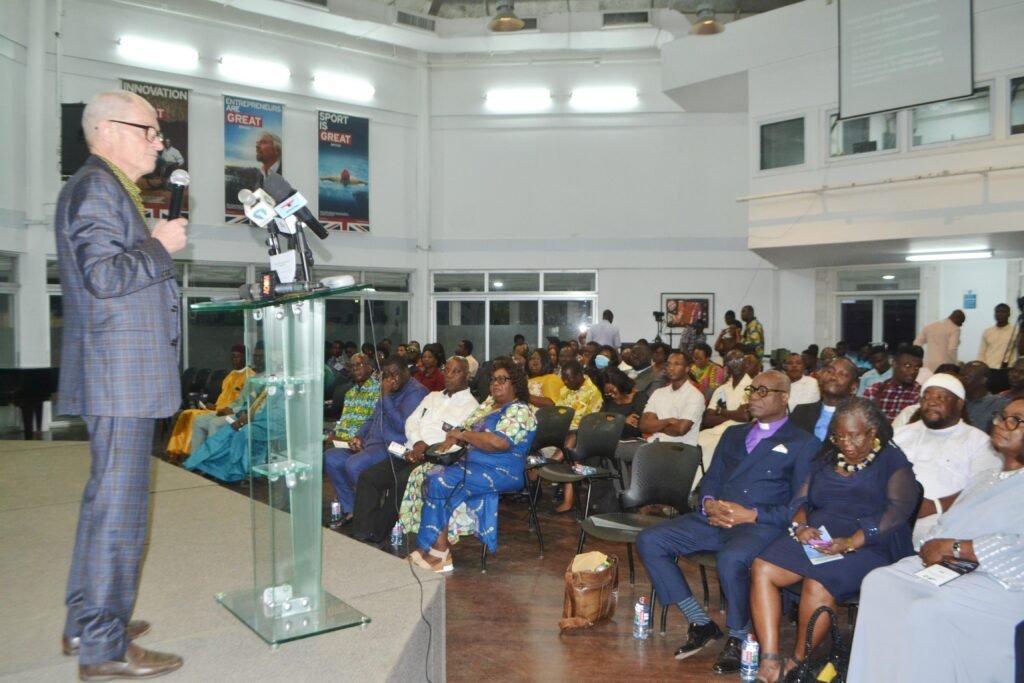
Bolgatanga — Stakeholders have commended the "Feed the Future USAID Agriculture Technology Transfer (ATT) Project", for contributing significantly to the transformation of the agricultural sector in the northern parts of the country.
Farmers now use improved seeds and modern technologies in farming to increase agriculture productivity, they said.
They made the commendation at a regional forum held in Bolgatanga in the Upper East Region on Friday dubbed, "Agriculture Transformation in Northern Ghana: An End-of-Project Learning Event."
It was meant to assess the impact of the implementation of the Feed the Future USAID Agriculture Technology Transfer (ATT) Project in the Northern, Upper East and Upper West Regions for five years and to also share the useful lessons of the project in order to sustain it.
The stakeholders were from the Irrigation Company of Upper East Region (ICOUR), municipal and district directors of the Ministry of Food and Agriculture (MOFA), the Sahara Agriculture Research Institute, agriculture related NGOs and seed producers.
The acting manager of ICOUR, Sebastian Bagina, said the project interventions in the areas such as Urea Deep Placement (UDP), rice transplanting, provision of certified rice seeds, free fertilizers and planting on rolls technologies, among others, had led to many of the farmers harvesting substantial yields as compared to the traditional methods of local broadcasting system.
"The project supports us to conduct agriculture technology transfer demonstrations on rice field and the yields are very fantastic. It leads to the scaling up of rice production and now more people are going into rice cultivation," the acting director stressed.
The Seed Inspector of the Ghana Seed Inspection Division, Asante Jophet, testified that many farmers in many communities who had been trained and supported by the project had shifted from using local seeds to applying improved seeds and the new technologies.
He cited the establishment of the seed laboratory by the project with sophisticated equipment coupled with the training of the agriculture extension agents and supporting them with motorbikes as some of the major interventions of the project.
The Chief of Party for the International Fertiliser Development Center (IFDC), Musa Salifu Taylor, who mentioned that the project is funded by the USAID and implemented by the IFDC and its partners, indicated that with the positive result achieved by the project there was the need to sustain the legacy and get rid of bottlenecks in the value chain.
He said one of the major success stories of the project was through the introduction of equipment to teach farmers land preparation and the use of seed vans to reach farmers at hard-to-reach communities to supply them with certified seeds as well as using video shows to educate farmers on the new technologies.
Mr Taylor explained that the ATT Project was aimed at identifying sustainable solutions that would increase competitiveness in the rice, soybean and maize value chains in Northern Ghana.
Read Full Story
















Facebook
Twitter
Pinterest
Instagram
Google+
YouTube
LinkedIn
RSS